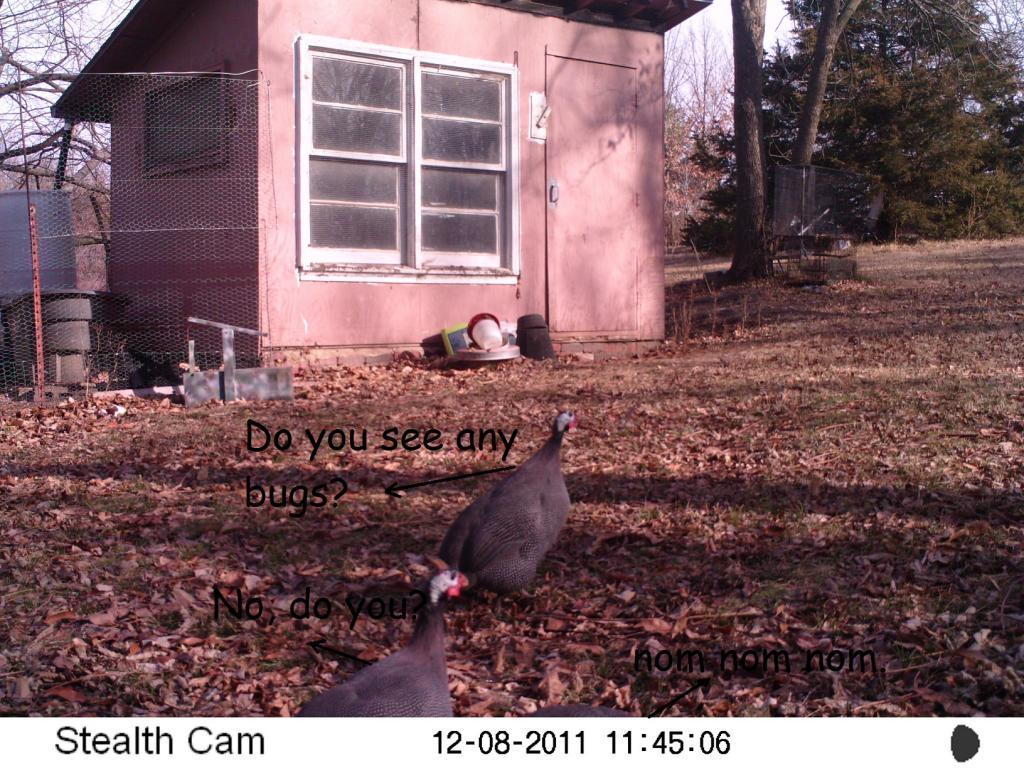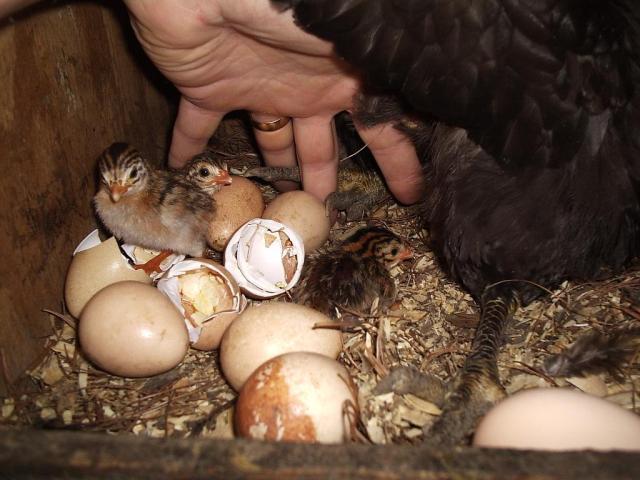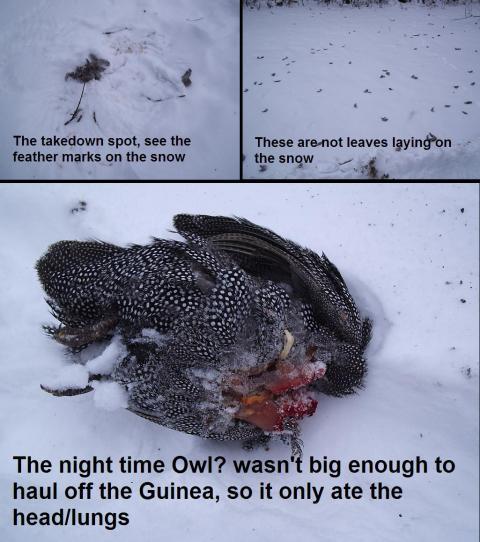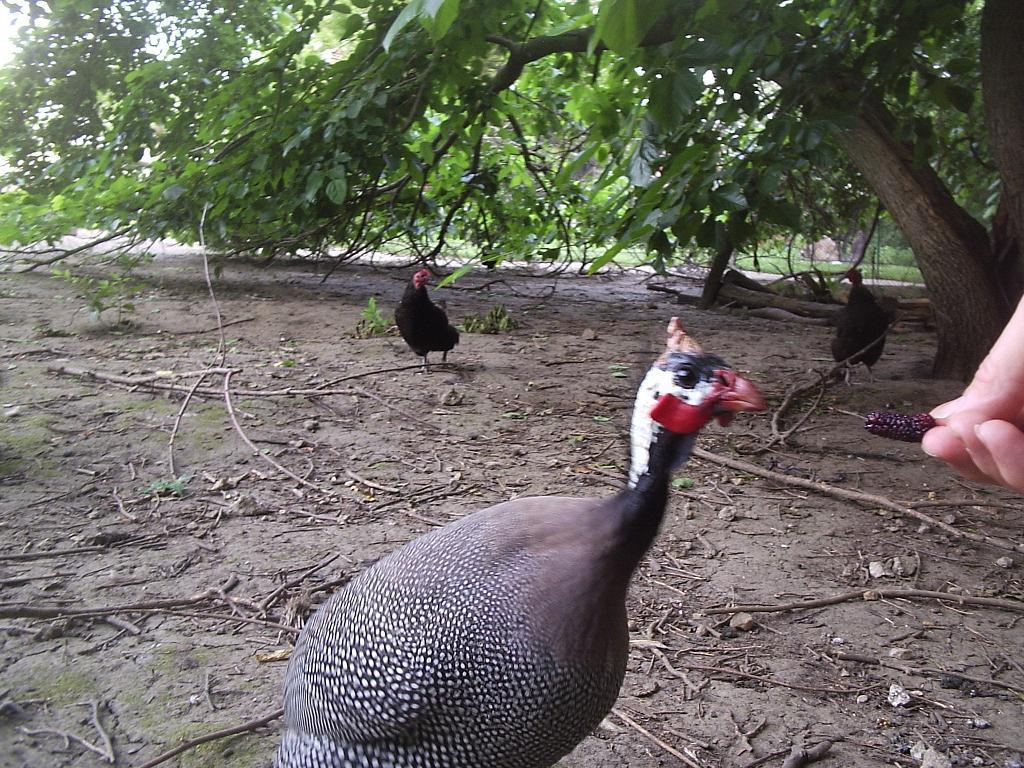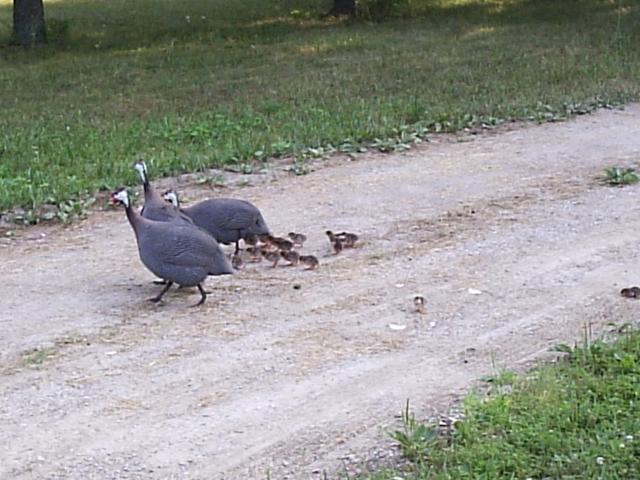Quote:
It depends on what type of sex links you got. Which hatchery did you get them from? How do you manage them?
Some hatcheries sell the commercial laying breeds as sex links. These are as specialized in laying as the Cornish X is for meat. I don't have any direct experience with those, but Fred does. Hopefully he'll see this and chime in. My understanding is that the commercial laying breeds sold as sex links by some of the hatcheries can burn out after a year or so of real good production. If yours are kind of small compared to other dual purpose breeds and have the body shape of a Leghorn, you probably have the commercial type.
Some hatcheries cross specific breeds to produce sex links. Maybe a Rhode Island Red rooster over a Rhode Island White hen, a New Hampshire rooster over a Silver Laced Wyandotte hen, or a RIR rooster over a Barred Rock hen. Lots of different possible combinations. These will produce just like a RIR, RIW, New Hampshire, BR, or Silver Laced Wyandotte hatchery hen. These chickens have not been selectively bred by people with advanced degrees in Poultry Science genetics to produce a new breed to maximize egg production in commercial conditions.
Different hatcheries are run by different people with different methods. Some hatcheries do not breed for longevity so you can get differernt results from different hatcheries, even if they produce the crossed between true breeds and not the commercial breeds.
Some of us pile on the extra protein and provide lights during the winter to squeeze all the possible production out of the hens as we can. Hens of any type or breed are more likely to burn out if we squeeze every possible egg out of them as we can as early as we can and make the eggs as big as we possibly can with the extra protein.
The quality of the stock you have to begin with makes a difference, but so do your management practices.
It depends on what type of sex links you got. Which hatchery did you get them from? How do you manage them?
Some hatcheries sell the commercial laying breeds as sex links. These are as specialized in laying as the Cornish X is for meat. I don't have any direct experience with those, but Fred does. Hopefully he'll see this and chime in. My understanding is that the commercial laying breeds sold as sex links by some of the hatcheries can burn out after a year or so of real good production. If yours are kind of small compared to other dual purpose breeds and have the body shape of a Leghorn, you probably have the commercial type.
Some hatcheries cross specific breeds to produce sex links. Maybe a Rhode Island Red rooster over a Rhode Island White hen, a New Hampshire rooster over a Silver Laced Wyandotte hen, or a RIR rooster over a Barred Rock hen. Lots of different possible combinations. These will produce just like a RIR, RIW, New Hampshire, BR, or Silver Laced Wyandotte hatchery hen. These chickens have not been selectively bred by people with advanced degrees in Poultry Science genetics to produce a new breed to maximize egg production in commercial conditions.
Different hatcheries are run by different people with different methods. Some hatcheries do not breed for longevity so you can get differernt results from different hatcheries, even if they produce the crossed between true breeds and not the commercial breeds.
Some of us pile on the extra protein and provide lights during the winter to squeeze all the possible production out of the hens as we can. Hens of any type or breed are more likely to burn out if we squeeze every possible egg out of them as we can as early as we can and make the eggs as big as we possibly can with the extra protein.
The quality of the stock you have to begin with makes a difference, but so do your management practices.




